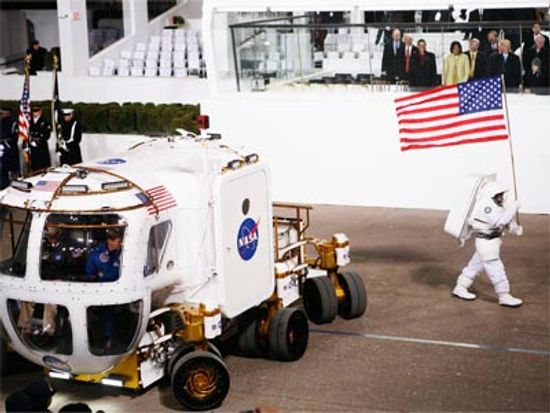Space
Explore the vast reaches of space and mankind's continuing efforts to conquer the stars, including theories such as the Big Bang, the International Space Station, plus what the future holds for space travel and exploration.
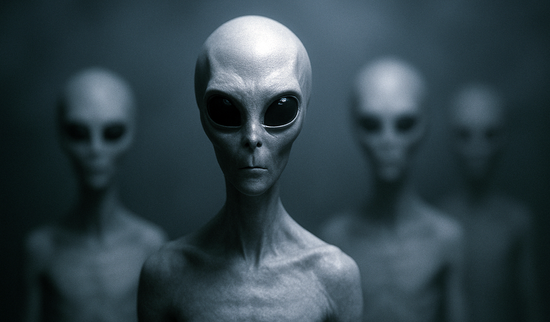
Tall Whites: The Classic Extraterrestrial Archetype
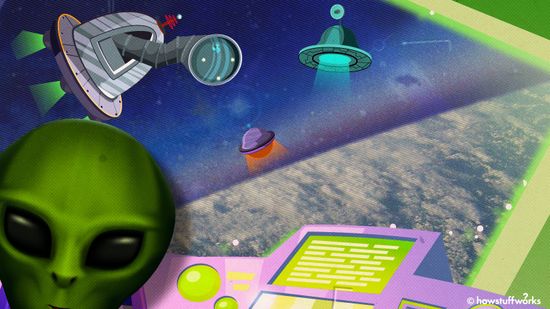
The Zoo Hypothesis: Are Aliens Watching Us Like Animals in a Zoo?
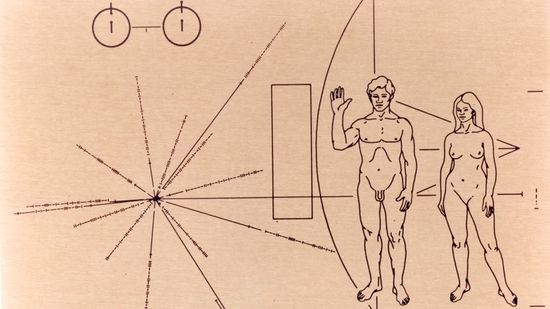
Communicating With Aliens Is Hard. Communicating With Alien AI Could Be Harder
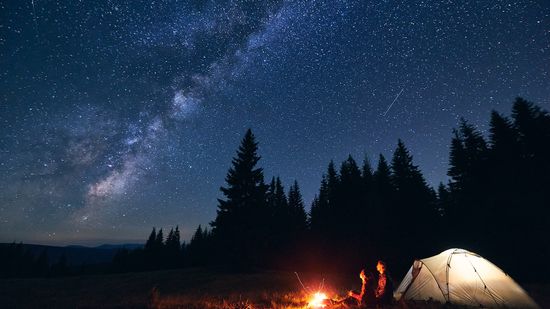
10 Types of Stars Blazing and Collapsing in Our Universe
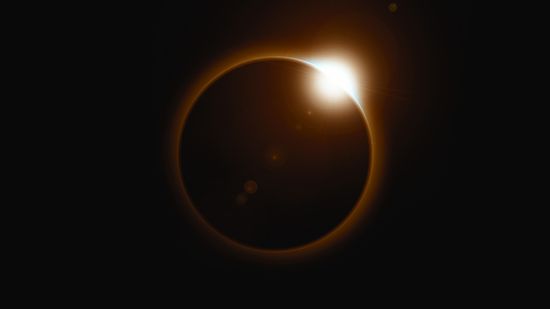
7 Types of Eclipses: Lunar, Solar and ... Hybrid?

Why a Geomagnetic Storm Makes for Pretty Skies and Tech Scares
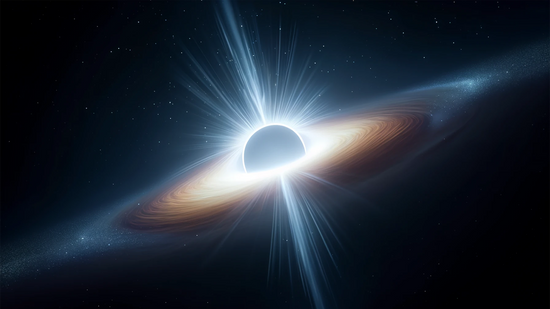
What Is a White Hole? Does the Cosmic Phenomenon Exist?
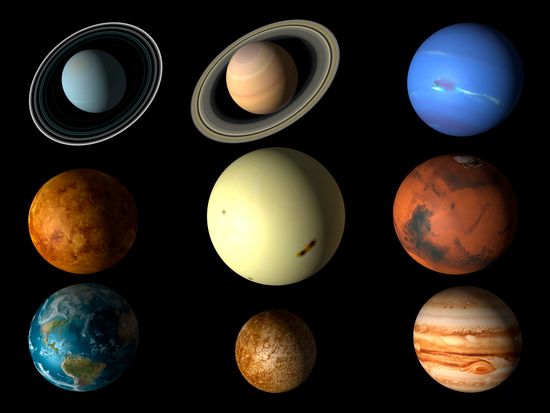
10 Best Ideas for Interplanetary Communication
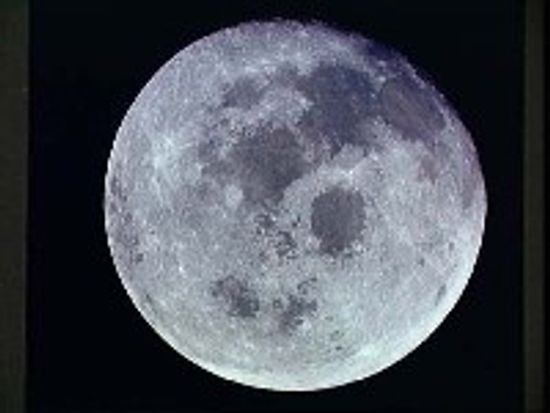
How can the moon generate electricity?
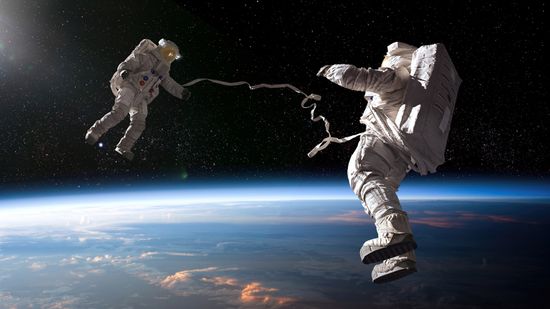
Is an Astronaut Stuck in Space a Rare Occurrence?

What Really Happened to Yuri Gagarin, the First Man in Space?
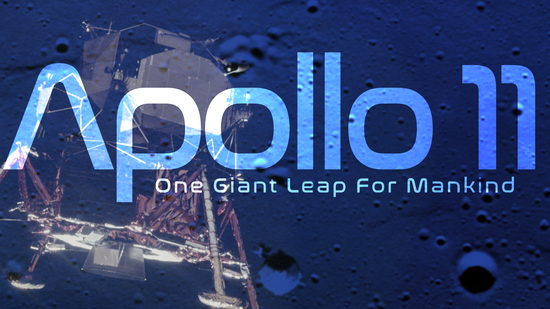
Apollo 11 One Giant Leap For Mankind
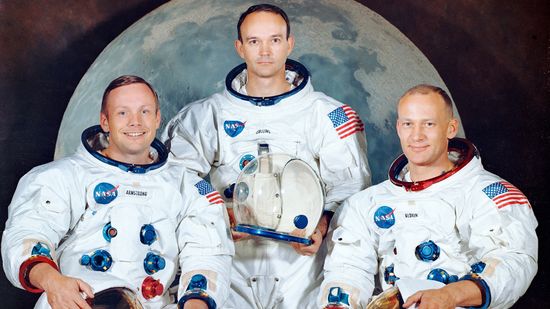
15 Famous Astronauts Who Expanded Our Universe
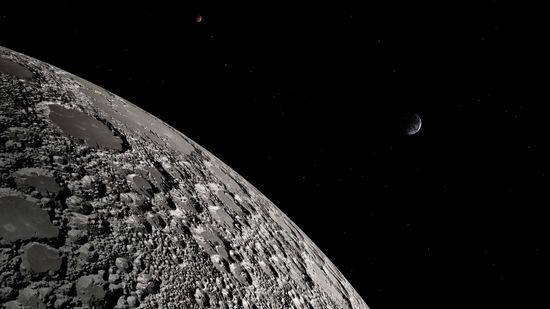
2023 India Moon Landing Was World's First at Lunar South Pole
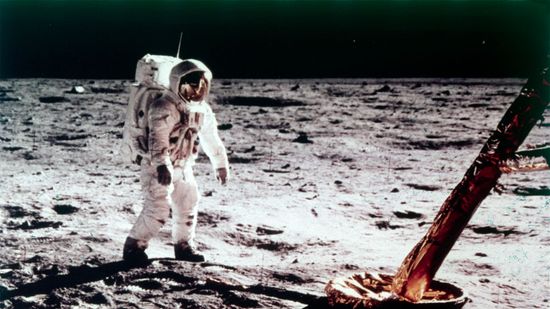
Quiz: Apollo 11, the First Moon Landing
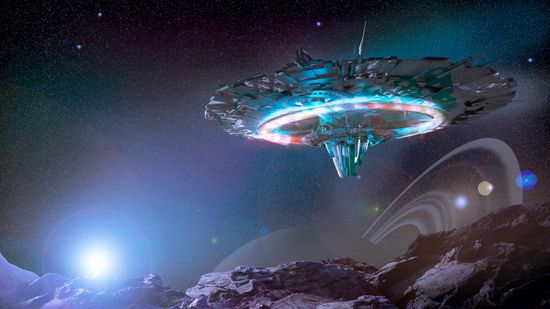
The Fastest Fictional Spaceships
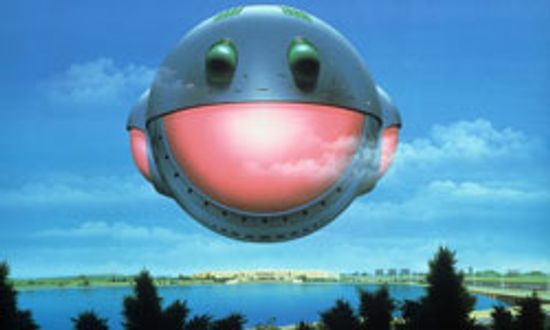
10 Fictional Spacecraft We Wish Were Real
